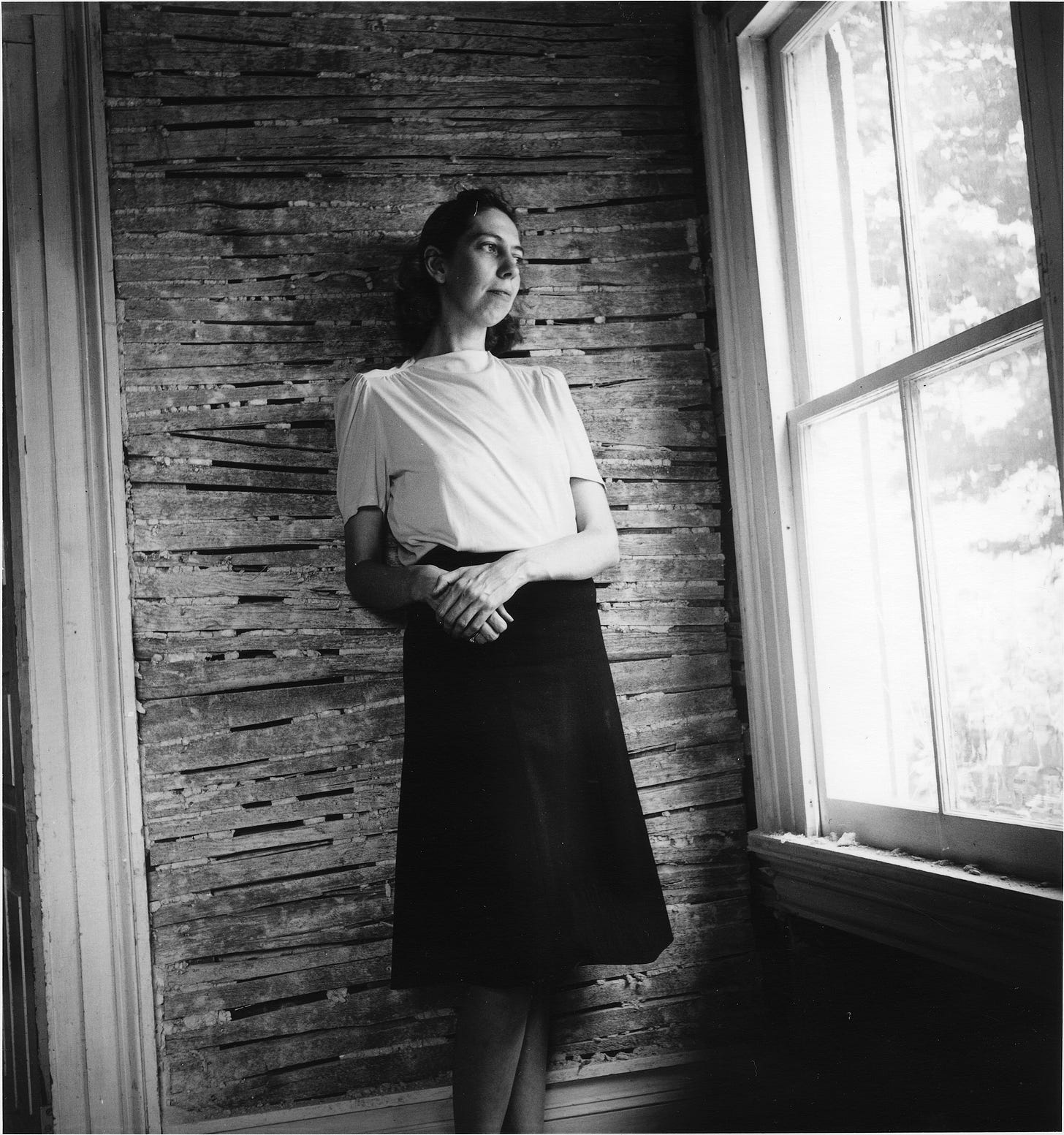I’m going to read to you a story by Eudora Welty called “The Little Store.” If you don’t know who Welty is, look her up. So, is this story fiction or nonfiction? Does it matter? You’ll believe it either way, and that’s what both narrative nonfiction and fiction are trying to achieve: to make the reader or listener believe.
People get all mixed up about the difference. It’s just a difference about what the writer’s contract with you is. Nonfiction promises that what you’re going to read or hear is true, based on fact, but when nonfiction moves into narrative, when it moves into storytelling, that’s when the confusion starts.
Most people date this confusion of genre as beginning with Truman Capote’s 1966 book In Cold Blood, which he labeled a ‘nonfiction novel’. I don’t know about pronouncing dates like that, but, if nonfiction is a true account and can be ‘a novel’, does that mean fiction, that novels are true, are factual? Well, no, it doesn’t. The novelist’s contract with the reader is just this: I’m going to make you believe this story, but I am not bound by facts, by what really happened.
People often think my last three novels are factual. They are all narrated by a character named Ellen Burns. I’m not Ellen Burns, but I’m probably more like her than anyone else is. It’s true that my personal history and Ellen’s story are similar and sometimes they directly overlap, but my job as a novelist is just to make you believe it all happened the way I’m telling it. So, for instance, my real brother is not a rightwing terrorist, the way Ellen’s brother is. My real brother is a real estate developer.
Back to “The Little Store”. Is it factual? Well, who cares? You’ll believe it. And, although it just sounds like some kind of sweet remembrance, by the end it’s about something very important, and that, I assume, is why Welty wrote it, and why people still read it: It’s about when children first glimpse that the world of adults may be different from their own.
Okay, “The Little Store.” Here’s a link to the only copy of it I could find online, but be warned that there might be, suddenly, in the middle of the text, weird interruptions, addressing high school questions, like, ‘What’s Armistice Day about? Or who’s Persephone? – they were footnotes, and I’ll try to get them out before I post the actual text.
One other thing. I’m going to read the first paragraph two ways, because I want to show you something.
Link: https://www.sfponline.org/uploads/20/Welty.pdf





My favorite too. I think it’s in one of the pieces I wrote and posted here, but I can’t remember which one 😂
I always loved the recording of her reading Why I Live at the Post Office.